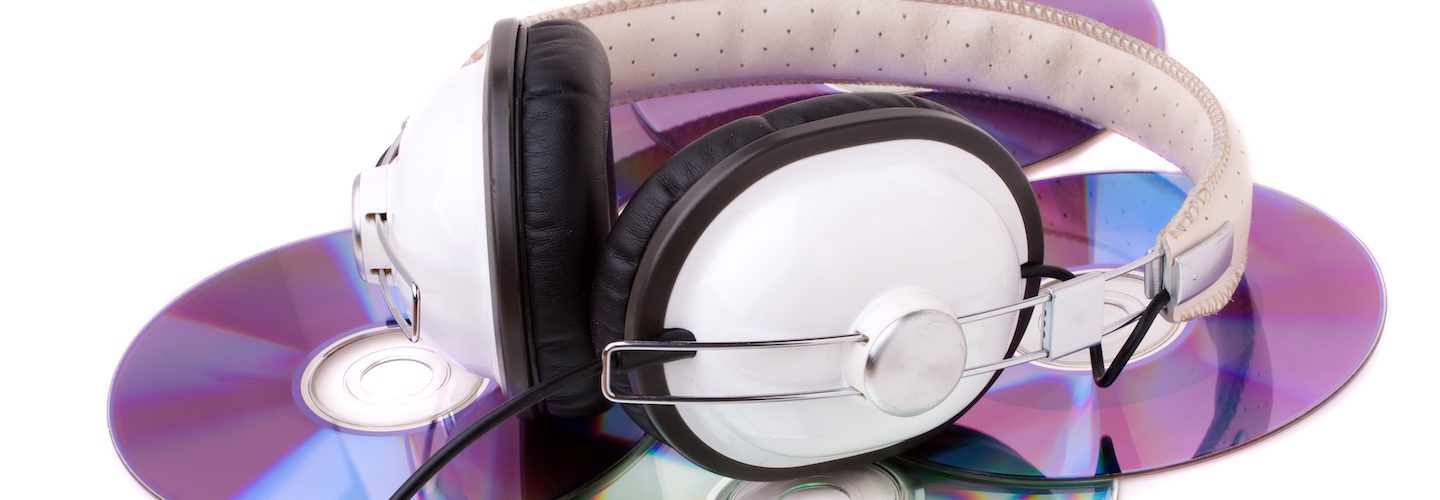From Horror to Cartoons: How One Man Composed More Than 2,000 Tracks
Musician Bobby Cole shares his tips for producing—and post-producing—the stock audio that goes into commercials, feature films, and television shows. With more than 2,000 stock audio tracks contributed across themes as disparate as horror and playful/silly, Bobby Cole would be a top contender in several categories were Storyblocks Audio to hold its own version of the Grammy Awards.
And we might have to, if not for the sole purpose of rewarding the passion it takes to excel in volume, variety, and—above all—efficiency.
Musician, Meet Technology: An Education in Recording
After starting on the drums at the age of nine, Bobby made a habit of seguing from one instrument to the next—eventually learning to switch between the drums, guitar, keyboard, mandolin, ukulele, banjo, accordion, and lap steel, depending on the need.
By the time he graduated high school, he’d been composing for half his life; however, he knew relatively little about technology and recording—which he set out to remedy by majoring in music technology at the London College of Music and Media.
Afterward, all he wanted to do was compose and record music for a living, and the multitude of school projects he had sitting on his hard drive proved all he needed to get his foot in the door of the stock audio industry.
Staying in Sync with Subscribers
After several years of freelancing gigs (secured, initially, by using his school projects as samples), Bobby discovered Storyblocks and appreciated the strategy of “making it quick and easy to download a large number of tracks for a very cost-effective price.”
He sent a letter gauging interest in composing score for some of their stock video, but received an unexpected counter offer in response: help score thousands of projects by contributing to their pending sister-site, Storyblocks Audio. Bobby, of course, seized the opportunity—and to date has contributed more than 2,000 royalty-free tracks (and counting).
“The genres I’ve supplied Storyblocks Audio have quite a wide range,” he explains. “In my library I have everything from rock to pop, classical to horror, dramatic to world, electronic, and more. I probably lean more to the horror and dramatic genres, as these are two that I particularly love to compose in—but I’m also partial to a bit of funk and jazz!!!”
When it comes to the people who download his audio, meanwhile, he’s partial to tracks that are, above all, usable:
“One thing I always try to do with my tracks is to really think about the end-user. I try to put myself in the shoes of the video editor, or the home user, or the film director and think about what they want. I tend not to compose things that are too complex with varying time signatures and key changes, as this can often cause confusion for the general public. I also try to compose music that will get used—so I’ve created various public domain versions of Christmas carols, nursery rhymes, and much more!”
Producing for Primetime Venues
Bobby’s record of getting tracks “used” certainly holds up; a visit to his website reveals his sounds have been heard on the History Channel’s “American Pickers,” MTV’s “Extreme Cribs,” and BBC4’s “Celebrity Big Brother.”
Part of this success comes from keying in on trends. He explains, for instance, that “big orchestral sounds with dubstep and electro influences” are the in-vogue tracks for television right now—excluding commercials and infomercials, which he says still favor ukulele and “happy-clappy pop.”
The other part, he says, comes from working efficiently and leveraging technology in a way that simplifies the recording process instead of impeding it.
Centered in his soundproof studio are three 24-inch monitors displaying Cubase—alongside a 36-inch flat screen he uses while working on film score:
“I spent a summer creating a variety of templates [for Cubase . . . ] fully-mixed tracks with all the instruments set up and ready to go. All I have to do is record content into it, which makes life very easy when inspiration hits. When I have an idea for a song or track, I don’t want to be messing around with setting up a track, setting up instruments, etc. I want to get the vision and essence down as fast as possible before it goes.”
The instrumental presets will often change, he says, and require additional mixing—but having the basics ready to go at any moment still saves precious time while cutting distraction.
For the home-user downloading his stock audio, meanwhile, he encourages use of a simpler, more affordable workstation:
“[My recommendation] would have to be Audacity —such a useful program and completely free!”
Bobby Cole is a British music composer and Storyblocks contributor of more than 2,000 tracks.
Matt Siegel writes about stock audio, technology, and media for Storyblocks.



